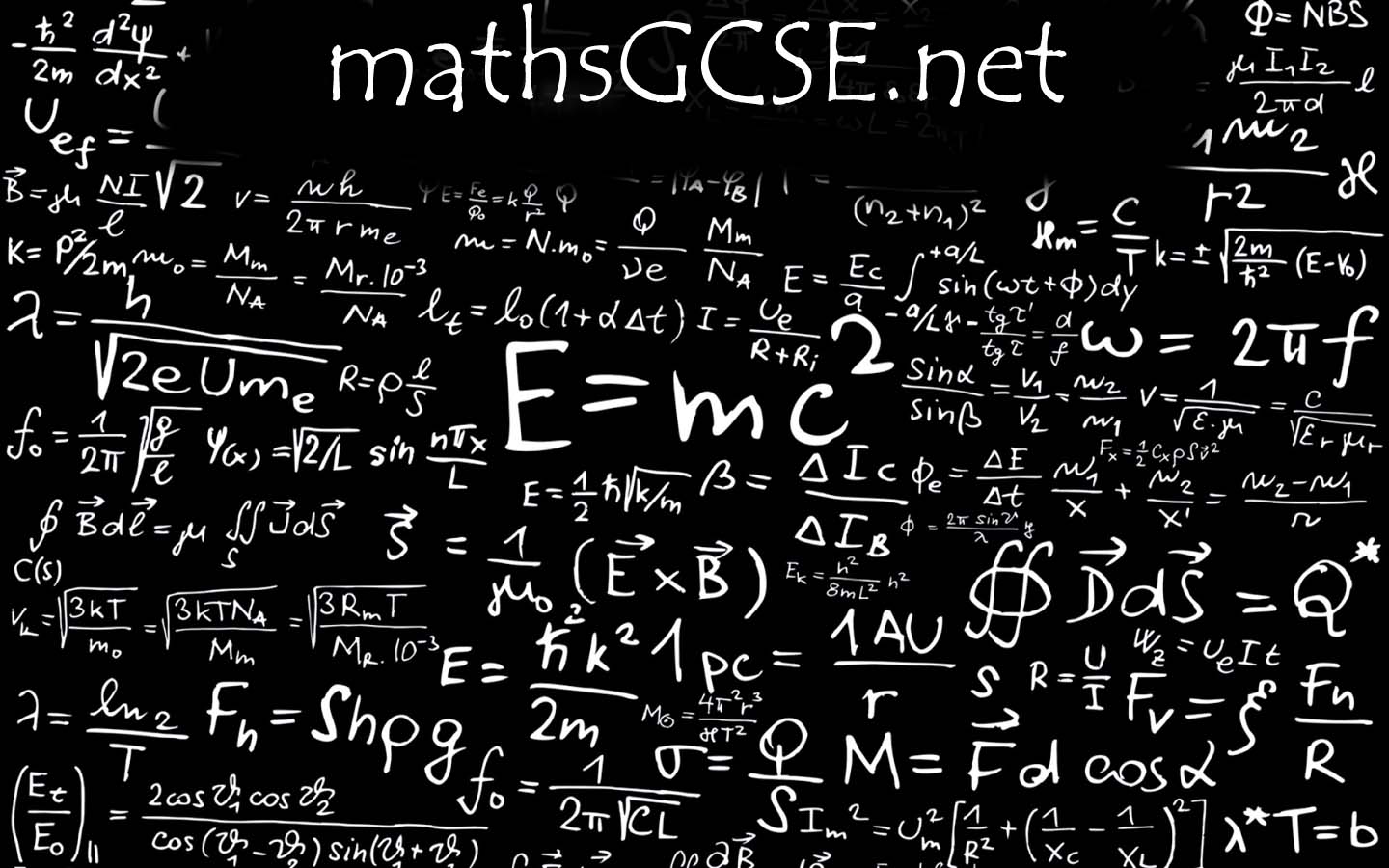Edexcel maths examination was so hard!!!!
 The Twitter storm that erupted last evening was amazing. Thanks to Hannah and her sweets, plus 180,000 (and counting) tweets to #EdexcelMaths, the grim details of the examination has reached into the homes of every listener of the Chris Evans Radio 2 Breakfast Show, and all BBC/ITV news watchers. I was on Twitter last evening and post were coming in faster than you could scroll down the page.
The Twitter storm that erupted last evening was amazing. Thanks to Hannah and her sweets, plus 180,000 (and counting) tweets to #EdexcelMaths, the grim details of the examination has reached into the homes of every listener of the Chris Evans Radio 2 Breakfast Show, and all BBC/ITV news watchers. I was on Twitter last evening and post were coming in faster than you could scroll down the page.
So what was being said? 99% of tweets were from disgruntled students who were expressing their anger and grief in ways both funny and vitriolic. By this morning the tide was turning with a healthy percentage of tweets asking what all the fuss was about. The paper is written to cater for students of middling ability up to those gifted students eager to move on to study at A level, and so is it not to be expected that there will be some students that find some of the questions on the paper more challenging or even no-go areas?
I had a read through the examination paper at the time and was pleased with the range of question topics, their setting/context and their degree of difficulty. I did not turn the page and stare in disbelief at a question that looked like it had migrated from an A2 paper. Yes, there were some tricky questions, and yes there were some pleasing twists to the expected questions, but none that deserve the furore that has mushroomed over that past 24 hours.
One tweet I did read challenged the methods by which students are taught. This is a good point. There is often a strong emphasis on doing mountains of past papers and learning the mark scheme – in other words preparing students for a particular style of question and learning how to answer in a particular way using particular key word/phrases. Of course, working through past papers is an invaluable exercise – we need to let students see the style of the papers, get a feel for the way in which questions are asked and see why marks are allocated. After all, this is one reason for doing mock exams.
BUT…. to do this at the expense of encouraging creativity and developing the skills of problem solving (any problem, not just particular ones), to hold back from letting students explore and evaluate?
This is partially why the new GCSE starting in September for Y10 students will be such a change for many students (and teachers). In a blog post I wrote for the Collins Maths Festival in March I said that a key feature of the new syllabus is that the Assessment Objectives (especially AO2) have changed. The linear structure of the course turns out to be, in fact, essentially spiral – requiring the revisiting of topics, gradually building on them. Students are going to be presented with questions that are more demanding and challenging. Questions are going to be set with less directed structure, making them more open ended, and problem solving will require students to use different strands of maths for solutions. Instead of the question asking students to do part a), then do b) and use the answers from a) and b) in c), students will need to find their own way through the question. Clearly, students will need to have grasped the fundamentals of maths in order to lead on to a higher level of maths achievement.
And so as far as Hannah and her sweets are concerned the problem was not that the question was unfairly difficult, it was because many students seem not to have been encouraged to explore and develop a line of reasoning. Students need to be encouraged to collaborate, discuss and explore in order to develop a better understanding of the connection of a variety of strands. It is essential that students, especially at the Higher Tier, develop reasoning, improve their ability to make inferences and deductions, and feel confident enough to challenge the validity of an argument.
Oh, yeah…… before Hannah felt hungry, there were 10 sweets in the bag, 6 orange and 4 yellow.
